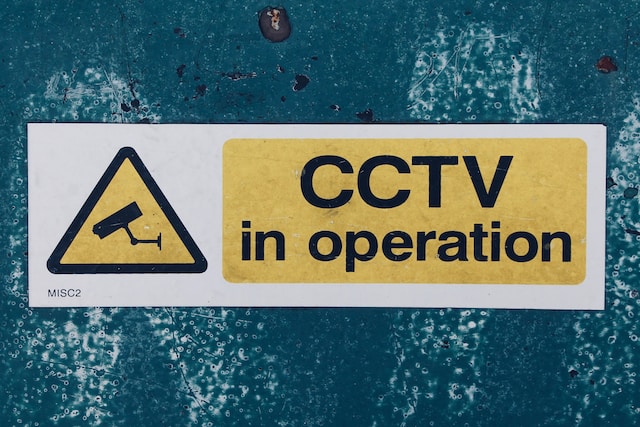
Do CCTV cameras have to be visible?
The short answer is yes, CCTV cameras do need to be visible or at least sign posted. Read on to learn more about CCTV surveillance rules.
CCTV regulations
Before installing CCTV on your premises, there are a number of CCTV legal requirements set by the ICO (Information Commissioner’s Office) to be aware of. One of which is making sure any cameras you install are visible or sign-posted to let people know they’re there. You also need to ensure that the camera angles only capture what needs to be seen. The rules are also slightly different depending on whether the cameras are being used domestically or commercially.
READ MORE: How Does CCTV Work?
CCTV on private land
When installing CCTV at home, it’s important that you’re not filming any neighbouring properties. If there is no way of avoiding this, you will need to use privacy masking. Regardless, you will need to notify your neighbours before installing CCTV.
Below is a breakdown of the ICO guidance for domestic CCTV use:
- You need a valid reason for installing CCTV.
- You must make sure you have set the system to the correct date and time.
- You must mount a visible sign to let people know that they are being filmed.
- You need to be aware of the areas you will be filming and notify your neighbours.
- You must use privacy masking if you can’t avoid positioning your cameras at your neighbours’ properties.
- You must register as a CCTV operator with the ICO if you plan to film outside your property boundary.
- You must not record conversations had between members of the public.
- You must delete recordings after 31 days and only use footage for its intended purpose.
Guidance on commercial CCTV surveillance
Installing commercial CCTV involves adhering to strict rules and regulations. For example, you will need to mount signs letting members of the public know they’re being filmed. CCTV warning signs can act as a deterrent for potential criminals, which is why you so often see them in commercial spaces. These signs must make it clear that CCTV is in operation, why CCTV is being used, and who to contact should anyone have any queries.
Below is a breakdown of some of the key ICO guidelines for commercial CCTV use:
- You must register as a CCTV operator with the ICO.
- You must let the ICO know your reasons for installing CCTV.
- You must carry out and publish a Privacy Impact Assessment.
- You must make it clear that CCTV surveillance is operating on the premises.
- You must make it clear who people can contact if they have any questions or complaints.
- You must securely store any footage recorded and discard of it after 31 days.
- You must keep your reference database up the date and accurate.
- You must not install cameras, hidden or otherwise, in private areas such as public bathrooms.
For more information, you can read through the ICOs detailed guidance on video surveillance or complete a CCTV self-assessment checklist.
Are CCTV cameras allowed to be hidden?
The legality of installing hidden CCTV cameras depends on the circumstances. Hidden cameras within the home are allowed, so long as they are for capturing personal affairs only. However, they cannot be used to secretly monitor employees, such as babysitters and cleaners. All employees within the home must be aware of any cameras and can request access to the footage of themselves under the Data Protection Act.
Hidden cameras on the outside of your property are a little more complicated. To ensure you’re doing so legally, you must make an effort to only record footage of your own property, and nowhere else. If you don’t, you are at risk of being challenged under the Protection from Harassment Act 1997.
You must not install hidden cameras in any spaces where people would expect privacy, such as bathrooms and changing rooms etc. To install hidden cameras in these areas would require clearance by a governing body, such as the police.
*
If you’re interested in installing a CCTV system on your property, get in touch with our team and we will be happy to assist you.
Cardiff CCTV Installers